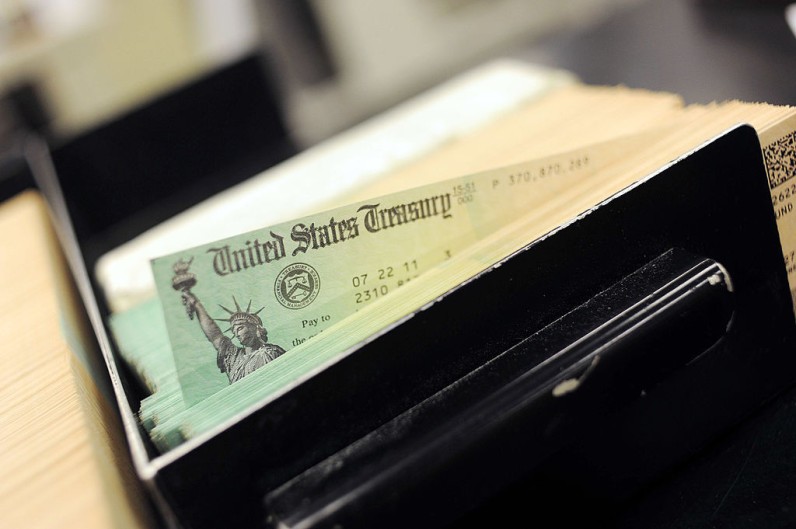
If you've been married, you may be eligible for Social Security spousal payments.
When you get spousal benefits, Social Security bases the payment on the work history of your current or past spouse, not your own.
Who's Eligible for Social Security Spousal Benefits?
Social Security will normally pay you the larger of your own or your spouse's benefits, but not both. However, if you have a limited work history or your spouse earns significantly more than you, spousal benefits may increase your Social Security payout.
Things you should understand regarding spousal benefits:
- You are eligible even if you are divorced.
- If you are married, you can begin earning spousal benefits at age 62.
- Even if your marriage ended, you may be eligible for spousal benefits.
- If you are divorced but your marriage lasted at least ten years, you may still be eligible for spousal benefits.
- Your ex-spouse does not have to be receiving Social Security for you to receive their benefit.
- The retirement benefit maxes out at age 67.
When you claim a benefit based on your own work history, Social Security permits you to receive 8% delayed retirement credits for each year you wait past your full retirement age until you reach the maximum benefit of age 70.
However, spousal benefits do not follow this pattern. Spousal benefits are limited to the full retirement age of 67 for those born in 1960 or after. You are capped at 50% of their benefit.
Even if your husband earns substantially more than you, you may be able to obtain more money from Social Security if you choose your own benefit rather than the spousal benefit.
According to Motley Fool, this is because the maximum spousal benefit is 50% of the working spouse's primary insurance coverage. As of March 2024, the standard monthly spousal benefit was $911, rather than $1,913 for the average retired employee.
Spouses who file early receive an even lower benefit. For example, if you begin receiving Social Security benefits as soon as you reach age 62, you will only receive 32.5% of your spouse's or ex-spouse's full retirement amount.
Claiming spousal benefits does not affect the amount of money your spouse or ex-spouse receives from Social Security. Your benefit is simply calculated using your current or past spouse's work history, rather than your own.
One spouse often filed a restricted application to collect spousal benefits early in the past. They would eventually increase their retirement benefit, usually after accruing delayed retirement credits. However, this is no longer possible. Congress changed the law in 2015 to phase out limited applicability.
When you file for spousal benefits, you are considered to file for all applicable benefits, including retirement. Social Security will provide you your full benefit. This is the "deemed filing rule."
Congress allowed persons born before January 2, 1954, to use restricted application after the statute changed. As of early 2024, everyone in this group is at least 70, therefore this method is basically obsolete.
Social Security Spousal Benefits Amount
The figure below displays the average Social Security payout for spouses aged 62 to 67. The information comes from a biannual report that was last updated on December 31, 2023, and it is exclusive to retired workers' spouses.
Age Average Spousal Benefit 62 $644.21 63 $632.09 64 $652.85 65 $718.63 66 $781.43 67 $861.22
As demonstrated above, Social Security spousal payments tend to rise with age, with the typical 67-year-old spouse receiving $217 more per month ($2,604 more per year) than the average 62-year-old spouse.
The fundamental explanation for this rise is inconsistencies in declaring age. If the spouse applies for Social Security before the FRA, the spousal payment will be lowered by a specified proportion.
This means the spouse will receive less than half of the retired worker's PIA. The exact reduction depends on how many months the early advantages begin.
The figure below illustrates how birth year relates to FRA and specifies the benefit (as a percentage of the retired worker's PIA) that spouses will get if they claim Social Security at age 62, Motley Fool said.







Join the Conversation